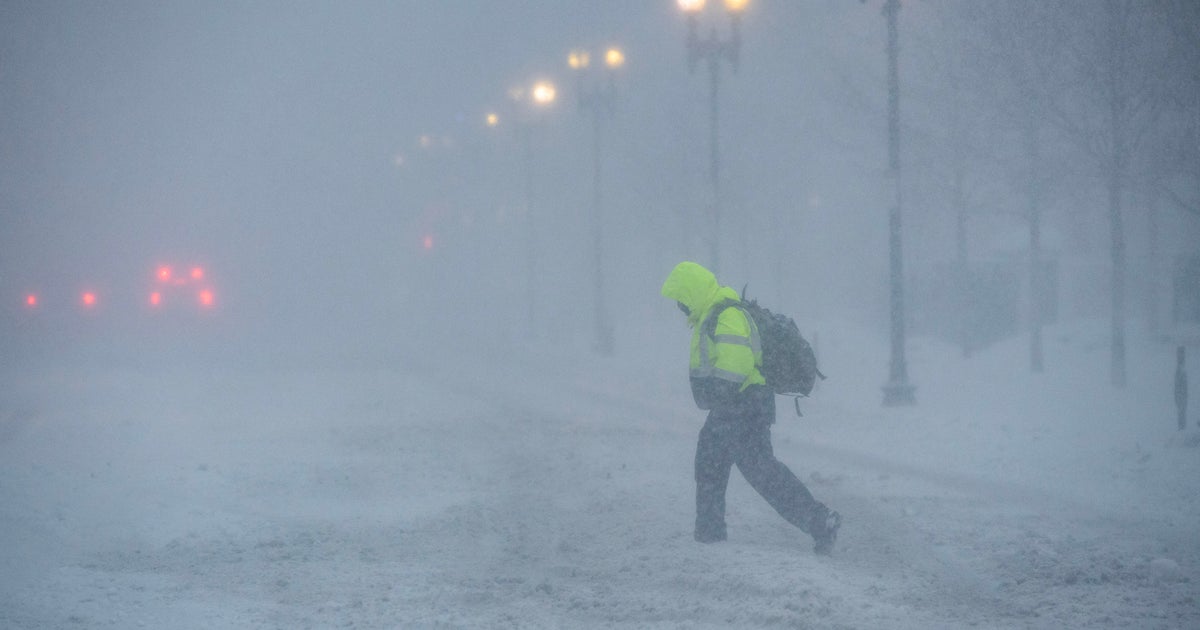Dreaming about "monsters or zombies or bugs" during the coronavirus pandemic? Doctor explains why
If you have experienced any strange, even nightmarish dreams having to do with the coronavirus pandemic, you are not alone. Psychologist Dr. Wendy Dickinson said "it's not a surprise" to hear that many people have been confronted by such dreams lately, especially given the "new stimuli" we have all been surrounded by since the virus upended normal life.
A Harvard study found that common threads some people reported from their pandemic dreams involve catching the virus or dying from it, and metaphoric elements such as bugs, zombies, natural disasters, monsters or mass shooters.
"When we dream, our brain is working through all of those memories and that content and information," Dickinson explained to CBSN anchors Anne-Marie Green and Vladimir Duthiers. "So it's not a surprise that we're experiencing these dreams that are filled with all kinds of things we wouldn't normally dream about."
Dickinson compared the brain to a "hall closet," storing day-to-day experiences that have not yet been processed because it's either too distressing or there hasn't been enough time. That closet, she said, is opened up when we dream in order to process those events.
"One of the things that we're seeing right now is that health care workers in the medical industries that are interacting with patients are having a lot more vivid dreams — specific dreams around the content of the coronavirus, which makes sense because they're interacting with it on a day to day basis," she said.
Traumatic situations like consistently being exposed to the COVID-19 threat and the intense strain medical professionals are experiencing — especially due to a lack of protective gear and too many patients, she explained — commonly lead to "traumatic dream content."
For those more removed from the pandemic's front lines, Dickinson said it was the "statistics" and "cases that we've heard about on the news" that our brains are processing through dreams.
"Some people are dreaming about monsters or zombies or bugs, because a lot of what we're facing is intangible and invisible and it doesn't have a representation. So we see that more symbolic form show up," Dickinson said.
If a person's pandemic dreams get too intense, Dickinson recommends they give themselves time to "think through and process what happened during the day," or even document their thoughts and feelings in a journal.
"If you have the chance to be able to process some of this information, what's been stored in your unconscious before you go to bed, you're less likely to be in this active stage of processing while you're asleep," she explained. "What happened during the day? What did I notice? How am I feeling? It helps to be able to unlock some of that so that you don't have so much stored up going into your dream state."
In the event of a nightmare, she offered assurances that it was OK and "can be actually really helpful" to wake yourself or others up without harming the processing of complex or scary thoughts.
"What happens is that your brain will continue to process in smaller increments. So one of the things that we find is that if you're woken up either by someone or you wake yourself up in the middle of a dream, if you can finish the arc of the dream out, it helps while you're awake for your brain to be able to process." Dickinson said.



